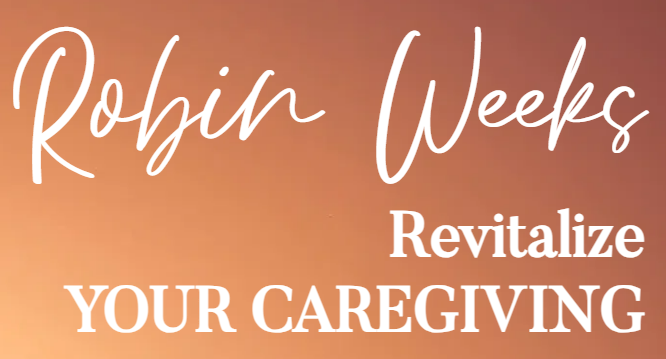Dad was diagnosed with a terminal illness and in nursing care. My three brothers and I had come to pack up the house and move mom into the apartment residences in their retirement community. A shared life of 67 years was a lot to go through.
My parents were meticulous collectors, having traveled the world multiple times and lived abroad. They were intellectual, curious, and deeply appreciative of arts, culture, and life. With long careers came countless awards and an extensive collection of books. Their home resembled a museum, filled with fascinating items and rich stories. However, they never disposed of anything.
As my brother’s and I walked through the house we started commenting and negotiating on what we would like to have. That collection of Egyptian prints from the 1900’s, that carpet from Afghanistan, that piece of art by a well known painter, those rare books my dad had collected over a lifetime. And, there were the things we knew had to go. The boxes of Christmas decorations my mother insisted on keeping, all of dad’s tools from the days we lived on a farm, most of the furniture that would not fit into her soon to be one bedroom apartment. Many things would be donated to local charities, some to the local university like my dad’s music collection, many of the Egyptian artifacts and some would just be tossed, put into storage or sent to auction.
Then came the things we just didn’t know what to do with! Family portraits & photographs, their many awards from their long careers in science, sociology and community service, things they had kept from our childhoods, file cabinets full of research papers, articles, publications.
Long ago, my parents had created a comprehensive list of items they considered valuable and memorable to our family. They provided each of us with a copy of this list and asked us to mark what we wanted. At the time, I found it morbid, but it ultimately became a crucial document as we settled my mother’s estate after her passing.
It’s easy to label all of this as “stuff,” but each item represents a rich and fulfilling life. My parents lived full, adventurous lives, and each object carries a story. During this process, I realized that the world of an aging person often shrinks, and that house was their final independent home—a space filled with echoes of their past and memories of their adventures together.
Dad passed away within six months, his last visit to their home coinciding with our packing efforts. Mom followed six years later. I had relocated her to assisted living, a state away from the life she had always known. Much of what remained with us went into storage due to time constraints, later sold at auction or relegated to my basement.
Her assisted living apartment near me was a very small one bedroom apartment. So, that meant she could bring even fewer of her things with her. I watched her face as we moved her in. She kept asking where things were and I would tell her they were in storage in TN. She kept asking when we could go and get them. Her mind was fine, she was grieving yet more loss.
The collection of belongings we accumulate throughout our lives holds profound meaning. These items narrate our life stories. Our parents entrust us with their possessions, hoping we will cherish these stories. However, many adult children may not wish to keep these items. Regrettably, some parents fail to discuss what would hold significance for their children, leading to potential disputes later on.
I hold various treasured items from my grandmother, which may hold little value in the broader world but are steeped in love and history for me. From my parents, I have CDs from my dad’s music collection, a lovely piece of Mid-Century furniture, Egyptian prints, and a selection of books. Each of these “things” serves as a reminder of my parents, my childhood, and the enduring lessons and adventures they shared with me.

